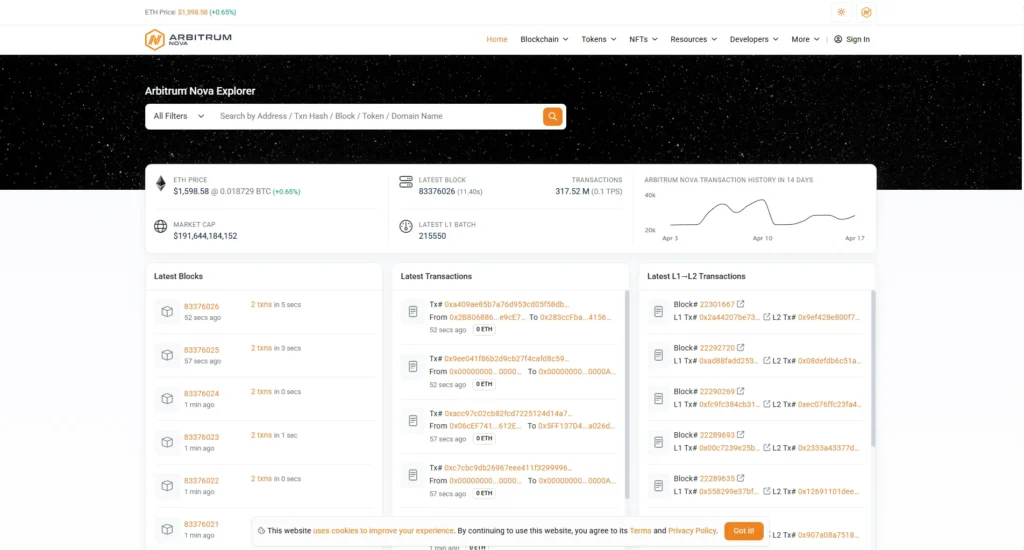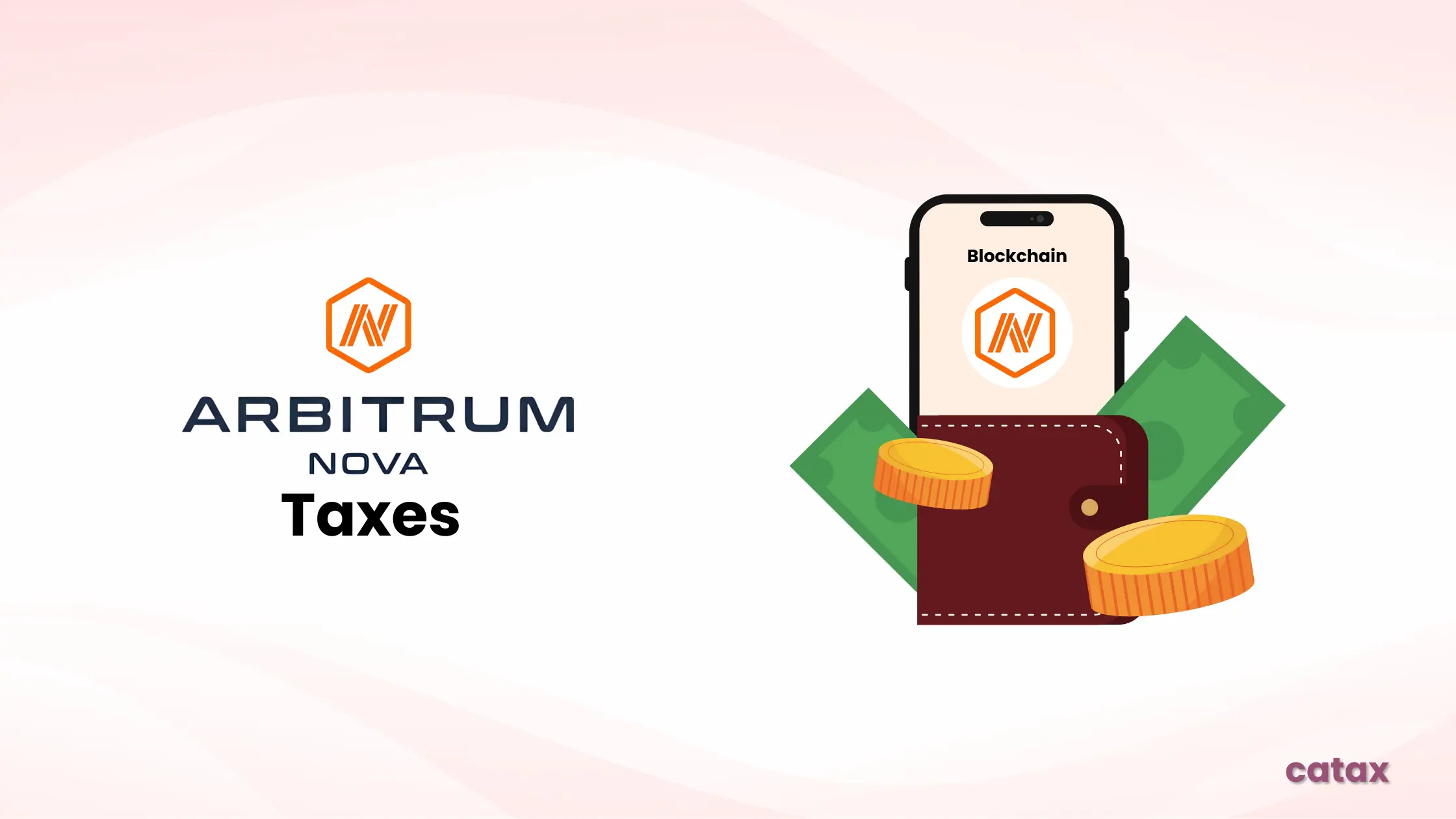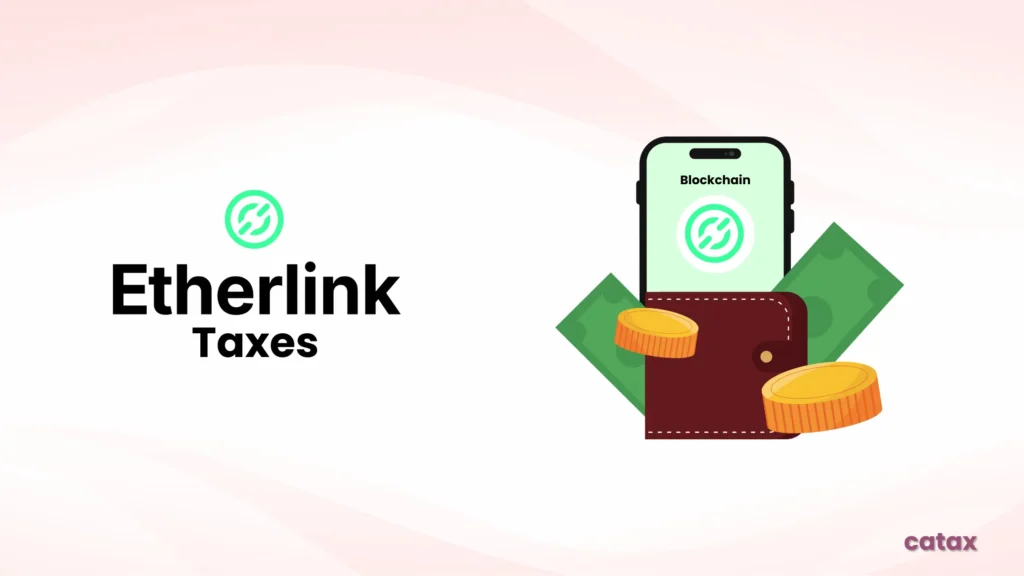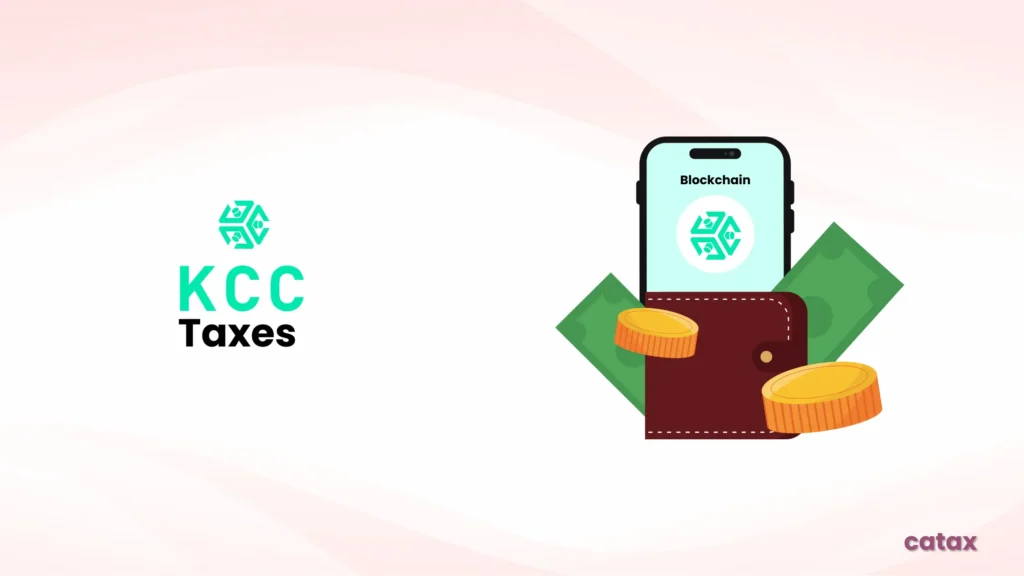Cryptocurrency tax rules vary by country, and Arbitrum Nova (ARB) taxes transactions may be taxed depending on local regulations. Whether you’re buying, selling, trading, or staking ARB, understanding how tax authorities classify these actions helps you stay compliant and avoid penalties.
This guide simplifies Arbitrum Nova taxes so you can manage your crypto taxes confidently and stay on the right side of the law.

- How to Connect Your Arbitrum Nova Wallet to Catax
- Are Arbitrum Nova Transactions Taxable?
- Can You Deduct Trading Fees and Other Costs?
- How Is Arbitrum Nova Taxed Based on Holding Period?
- How Is Staking Income Taxed?
- Can You Claim Arbitrum Nova Losses for Tax Benefits?
- How to Stay Compliant with Arbitrum Nova (NOVA) Tax Rules
How to Connect Your Arbitrum Nova Wallet to Catax
To track your Arbitrum Nova transactions and calculate taxes effortlessly, follow these steps to connect your wallet to Catax:
- Open your Arbitrum Nova wallet or access a block explorer (such as MetaMask, Trust Wallet, Ledger, or any supported wallet).
- Copy your public wallet address from your Arbitrum Nova wallet.
On Catax:
- Log in to Catax and select your country.
- Select Chain, then search for Arbitrum Nova Wallet.
- Paste your public address and click Connect.
Once connected, Catax will automatically track your Arbitrum Nova transactions and simplify your crypto tax reporting.
Calculate My Taxes ➤Are Arbitrum Nova Transactions Taxable?
Yes, in most countries, Arbitrum Nova transactions are taxable. Governments may classify Arbitrum Nova tokens as capital assets, property, or income depending on how they are used.
When Do You Have to Pay Taxes on Arbitrum Nova?
You may need to pay taxes in the following cases:
- Sell Arbitrum Nova for a profit – If you sell your tokens for more than you paid, the profit is typically taxed as a capital gain.
- Trade Arbitrum Nova for another crypto – Swapping tokens for Bitcoin, Ethereum, or any other cryptocurrency may trigger a taxable event.
- Use Arbitrum Nova for purchases – Spending Arbitrum Nova to buy goods or services may be taxed if the token has gained value since you acquired it.
- Earn Arbitrum Nova from staking – If you earn staking rewards, they are often taxed as income when received.
- Get paid in Arbitrum Nova – Receiving Arbitrum Nova as payment for work or services is usually taxed as income based on its market value at the time of receipt.
Note: Tax treatment can vary by jurisdiction, so always refer to your country’s crypto tax laws.
Can You Deduct Trading Fees and Other Costs?
Many Arbitrum Nova users ask if they can deduct fees and related costs. This depends on the regulations in your country.
Some countries allow deductions for:
- Trading fees when buying or selling Arbitrum Nova.
- Network/transaction fees for sending Arbitrum Nova between wallets.
Others only allow deduction of:
- Deducting the purchase price (cost basis) of your tokens, without additional fee deductions.
Check your local tax laws to know which expenses are deductible in your case.
How Is Arbitrum Nova Taxed Based on Holding Period?
The tax you owe on your Arbitrum Nova gains may depend on how long you held the tokens:
- Short-term holdings (less than 1 year) – Typically taxed at standard income tax rates.
- Long-term holdings (more than 1 year) – Some countries offer lower tax rates for long-term crypto holdings.
- Flat-rate taxation – A few jurisdictions apply a fixed tax rate, regardless of how long the asset was held.
Knowing your local rules helps you make smarter tax decisions and possibly reduce your overall liability.
You can also check out our Country-Specific Guide for Crypto in Your country. This guide provides insights on regulations, tax implications, and compliance measures breifly explained for each country.
How Is Staking Income Taxed?
Arbitrum Nova staking rewards offer passive income, but different countries tax them in different ways. Some governments tax staking rewards as soon as you receive them, while others apply tax only when you sell or exchange them.
How Countries Tax Staking Rewards
- Taxed as income – Some governments treat staking rewards like salary, meaning taxes are due when you receive them. These rewards are taxed at standard income tax rates.
- Taxed as capital gains – In other places, staking rewards are taxed only when you sell them. In this case, only the profit from selling is taxed.
If you stake Arbitrum Nova, knowing when taxes start helps you prepare for tax payments. Some countries tax staking rewards even if you don’t sell them.
To avoid surprises, check how staking rewards are taxed in your country before staking Arbitrum Nova.
Can You Claim Arbitrum Nova Losses for Tax Benefits?
Not every Arbitrum Nova trade makes a profit, and selling NOVA at a loss may help reduce your tax bill. Here’s how different countries handle crypto losses. How Different Countries Handle Crypto Losses:
- Loss offsets – Some countries allow Arbitrum Nova losses to reduce taxable profits, meaning you only pay taxes on net profits.
- Loss carryforward – If you don’t have profits this year, some governments let you carry losses forward to offset taxes in the future.
- Limited deductions – Some governments do not allow crypto loss deductions, meaning you cannot use losses to lower taxes.
Keeping detailed transaction records helps you report losses correctly and get tax benefits where allowed.
How to Stay Compliant with Arbitrum Nova (NOVA) Tax Rules
As crypto tax laws change, staying compliant is more important than ever. To avoid tax penalties:
- Know how your country taxes Arbitrum Nova transactions – Are gains taxed as capital gains, income, or business revenue?
- Check if you can deduct trading fees, staking rewards, and other costs – Each country has different rules.
- Keep records of every Arbitrum Nova (NOVA) transaction – This includes buying, selling, trading, staking, and spending NOVA.
- Use a crypto tax tool like Catax – Catax automates tax calculations, making it easier to track transactions and file tax returns.
- Ask a tax professional for help – If you’re unsure about your tax obligations, a tax expert can guide you on following local laws.
Stay informed and organized to handle Arbitrum Nova taxes smoothly and responsibly.
Book a Free Consultation Now →

